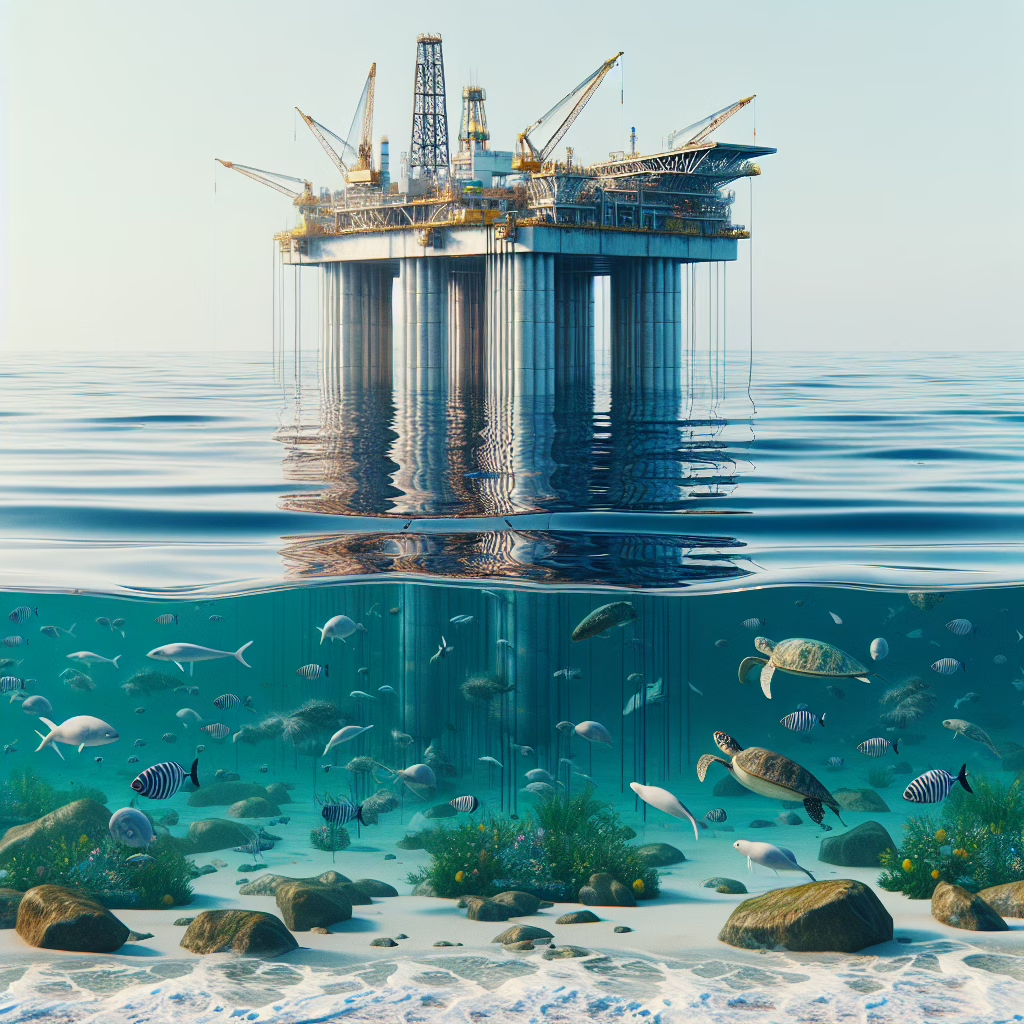In a world where the quest for sustainable energy solutions is more critical than ever, India is making significant waves in the EP deepwater technology sector. Yes, you heard that right! The nation is diving deep—quite literally—to develop a full ecosystem for exploration and production (EP) in deepwater environments. And let’s face it, if we can harness the ocean’s resources without upsetting Poseidon, we’re on the right track!
Why EP Deepwater Technology Matters
As global energy demands soar and climate change looms over us like an ominous storm cloud, countries are scrambling to tap into renewable resources. Enter EP deepwater technology: a fancy term for extracting oil and gas from beneath the ocean floor. India aims to bolster its energy security while ensuring that marine ecosystems remain intact. Talk about multitasking!
The Minister of Petroleum and Natural Gas, Hardeep Puri, recently shed light on India’s ambitions during a conference. He emphasized the necessity of developing indigenous technology that can withstand the pressures of deepwater operations—both literally and figuratively. Let’s just say, navigating these waters isn’t for the faint-hearted!
Building a Robust Technology Ecosystem
The goal? To create a robust EP deepwater technology ecosystem that not only caters to domestic needs but also positions India as a player in the global energy arena. Imagine India as a deep-sea explorer with a high-tech submarine, ready to take on the challenges of underwater oil and gas extraction! 🐠
Puri mentioned that this initiative is crucial for enhancing self-reliance in energy production. By investing in research and development, India hopes to innovate technologies that reduce costs and environmental impacts. Think of it as inventing eco-friendly scuba gear for oil drills.
The Quest for Sustainability
But wait—there’s more! The focus isn’t solely on extraction; it’s also about sustainability. As we tap into these underwater treasures, we must ensure that our aquatic friends aren’t left high and dry (or low and wet?). The challenge lies in balancing energy needs with environmental protection.
Puri highlighted various initiatives aimed at minimizing ecological footprints during offshore operations. This includes using advanced materials and techniques that lessen disturbances to marine life. So while we might be drilling for oil, we’re also giving Mother Nature a gentle hug at the same time!
Collaborations and Innovations in EP Deepwater Technology
To make this ambitious dream a reality, collaboration becomes key. India seeks partnerships with global leaders in EP deepwater technology. It’s like creating an underwater Avengers team—each member bringing unique skills to tackle climate change and energy security! 🌊
By teaming up with international players, India can fast-track its technological advancements. This approach not only brings in expertise but also opens avenues for knowledge sharing. After all, who wouldn’t want to learn from those already sailing smoothly through these challenging waters?
The Road Ahead: Challenges and Opportunities
Of course, every adventure comes with its hurdles! Navigating regulatory frameworks and environmental assessments can feel like swimming against the tide. But with determination—and perhaps some good old-fashioned optimism—India can steer its ship through these choppy waters.
Moreover, developing this ecosystem could lead to job creation and economic growth. It’s like planting an underwater garden that grows both jobs and clean energy solutions simultaneously! Who knew marine exploration could be so fruitful?
Your Thoughts?
As we watch India embark on this exciting journey towards establishing a full EP deepwater technology ecosystem, it raises important questions about our energy future and environmental responsibilities. What do you think about India’s approach? Is it smooth sailing ahead or are there rocky waters to navigate? Share your thoughts below!
Special thanks to Tribune India for providing insightful coverage on this topic!

